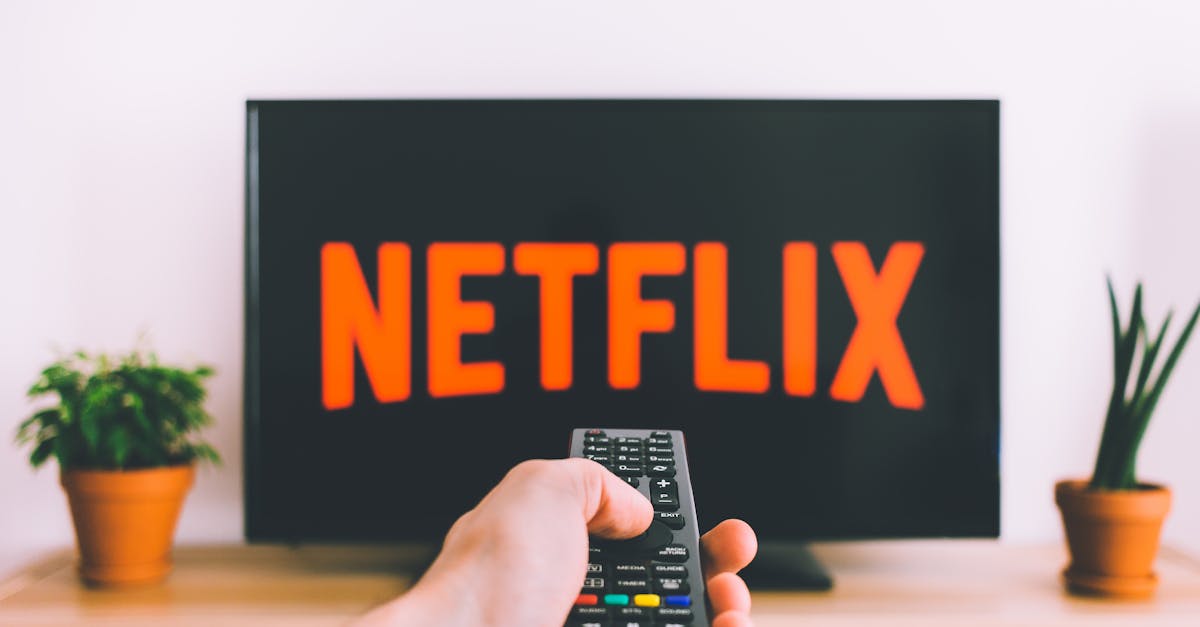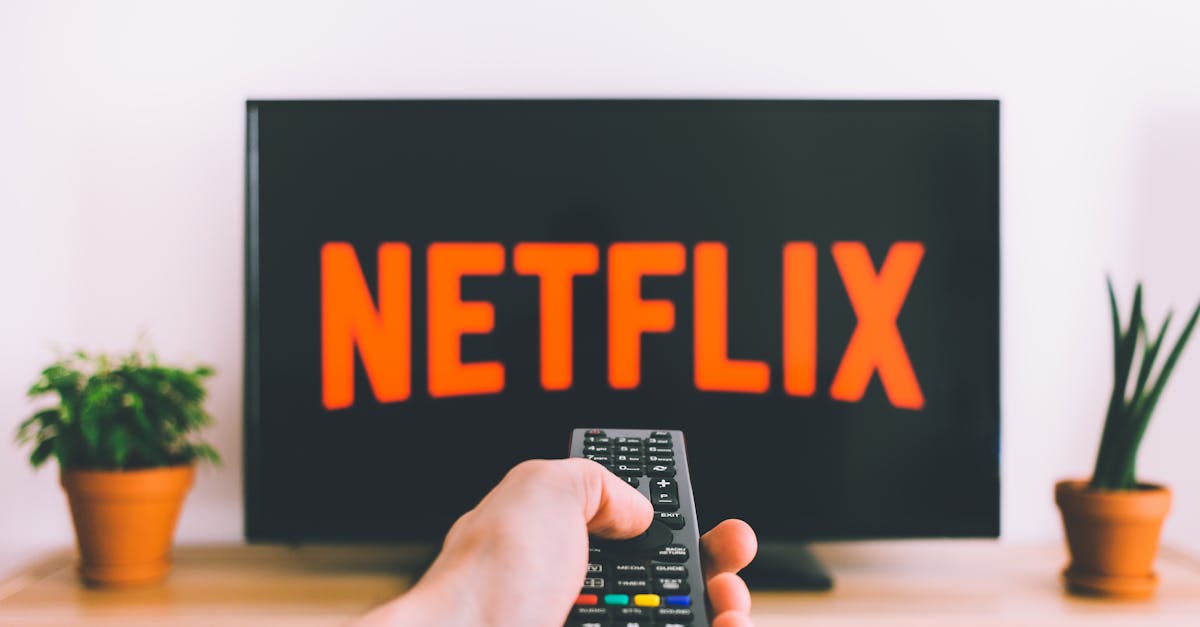The Power of Meme Culture The Impact of Internet Humor on Pop Culture
Introduction
Meme culture has taken the internet by storm, evolving from simple jokes to influential societal movements. These digital creations are more than just humor; they reflect cultural moods and shape pop culture. As memes dominate social media platforms, they also redefine how we communicate and engage globally.
Advertisement
The Nature of Memes
Memes are humorous images, videos, or text that spread rapidly online, often altering in meaning along the way. With origins in Richard Dawkins' 1976 book "The Selfish Gene," the modern-day meme has evolved to represent a piece of culture propagated within communities. Memes capture moments, trends, and societal reactions at the blink of an eye, making them powerful cultural tools.
Advertisement
Driving Trends
Memes have a noticeable impact on the trends that resonate with internet audiences. As they travel through social networks, memes help promote fashion, slang, or even food trends. Popular memes inspire behavior and preferences worldwide, from the launch of viral dance challenges to the resurgence of nostalgic references.
Advertisement
A Tool for Social Commentary
Memes often serve as a platform for social and political commentary. By distilling complex issues into relatable and humorous expressions, memes provide an accessible avenue for people to engage with current events. Whether highlighting societal injustices or poking fun at political figures, meme culture fosters conversations that traditional media might overlook.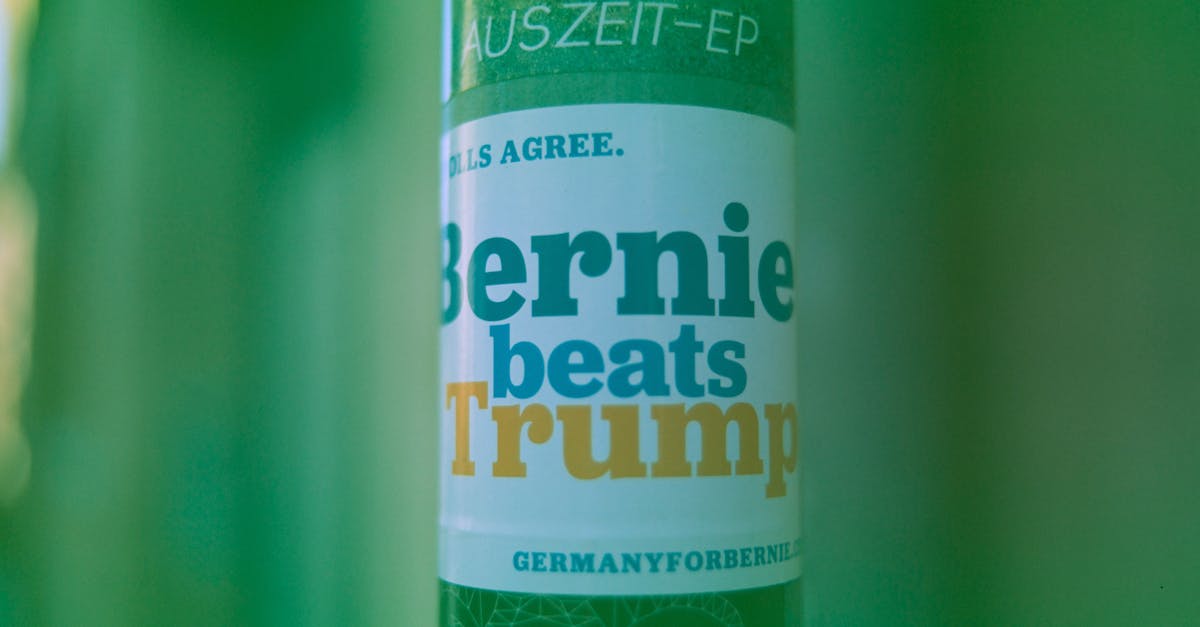
Advertisement
Community Building
Memes create a sense of community, offering a shared digital language understood across borders. Internet humor transcends cultural and linguistic barriers, creating bonds among those who "get it." These shared experiences unite users, fostering a sense of belonging in virtual communities through humor and relatability.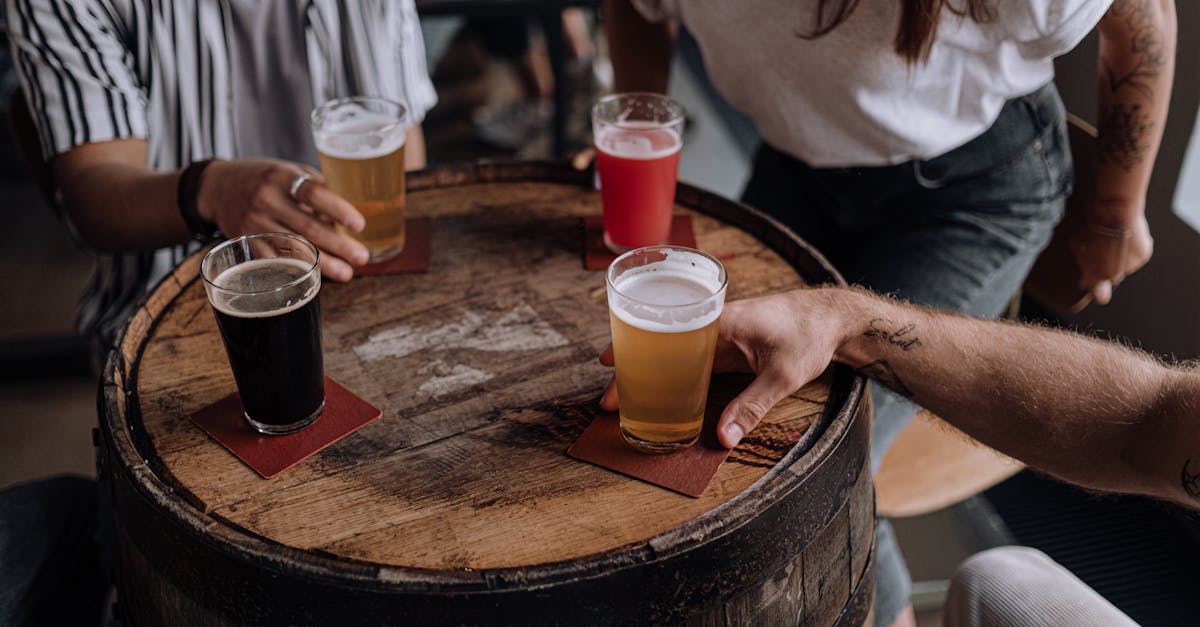
Advertisement
Brand Engagement
Brands increasingly utilize meme culture to connect with younger audiences. By incorporating meme aesthetics and language into marketing strategies, companies form genuine connections with consumers, tapping into the humor and trends that resonate with them. This approach symbolizes a shift from traditional advertising to engaging storytelling.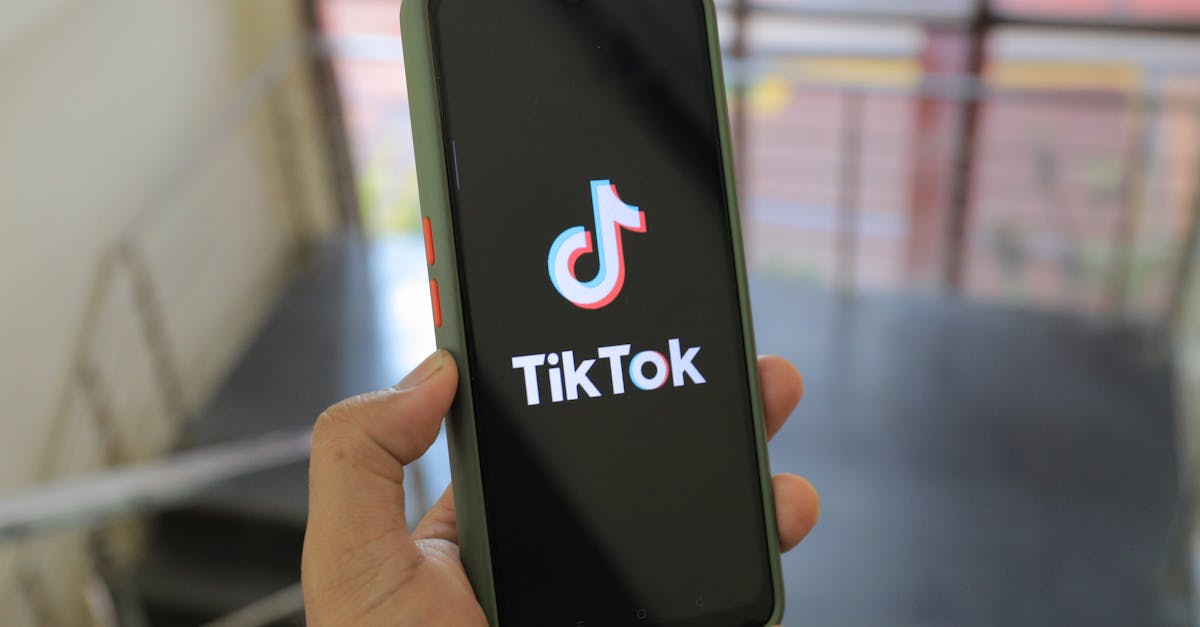
Advertisement
Influence on Language
Memes have also altered the way language is used online, bringing new words, phrases, and symbols into everyday vocabulary. The lexicon of internet slang evolves as memes contribute new expressions like "FOMO" or "lit." This dynamic exchange of language mirrors the fast-paced nature of internet culture.
Advertisement
Redefining Celebrity
Because memes emerge from user-generated content, they've contributed to the rise of new "meme celebrities." Ordinary individuals can achieve viral fame overnight, while traditional celebrities maintain relevance by engaging with memes. This democratization of fame emphasizes the collective power of an interconnected audience.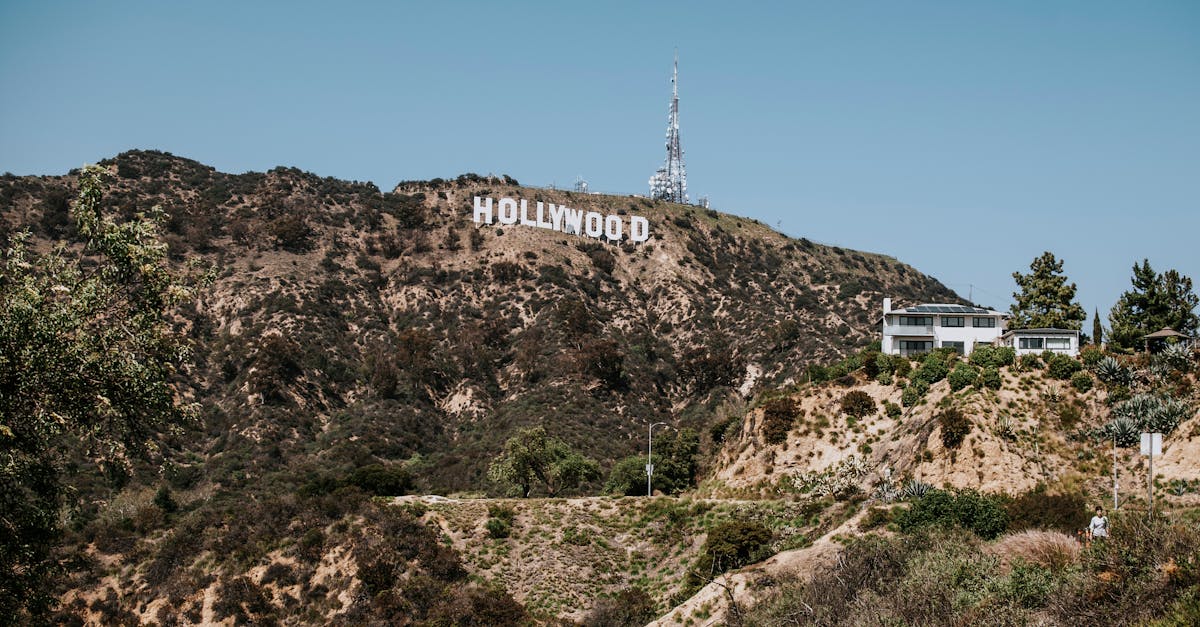
Advertisement
Limitations and Criticisms
While meme culture offers numerous benefits, it isn't without its criticisms. Memes can oversimplify complex issues, potentially spreading misinformation. Additionally, the fleeting nature of meme trends can lead to rapid burnout or dilution of their original message. Engaging critically with memes ensures their impact is positive and informed.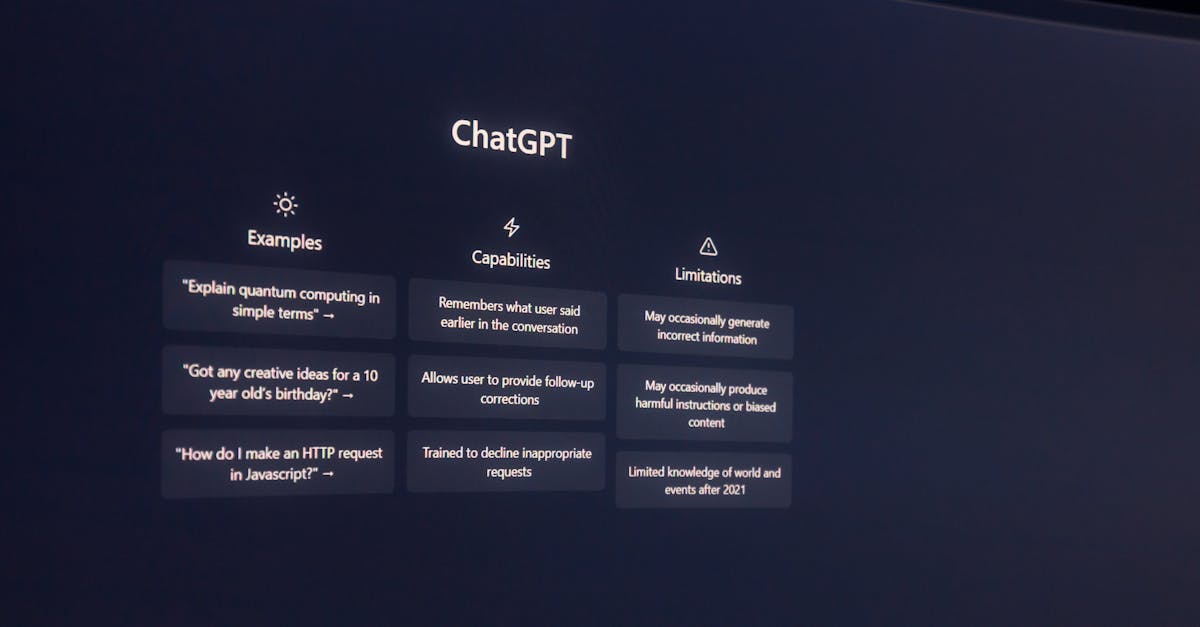
Advertisement
Conclusion
Meme culture is an undeniable force in shaping modern pop culture, acting as a catalyst for trends, social commentary, and community building. It influences language, branding, and even the notion of celebrity. Understanding this phenomenon requires recognizing memes not just as humor, but as potent cultural artifacts that reflect our digital age.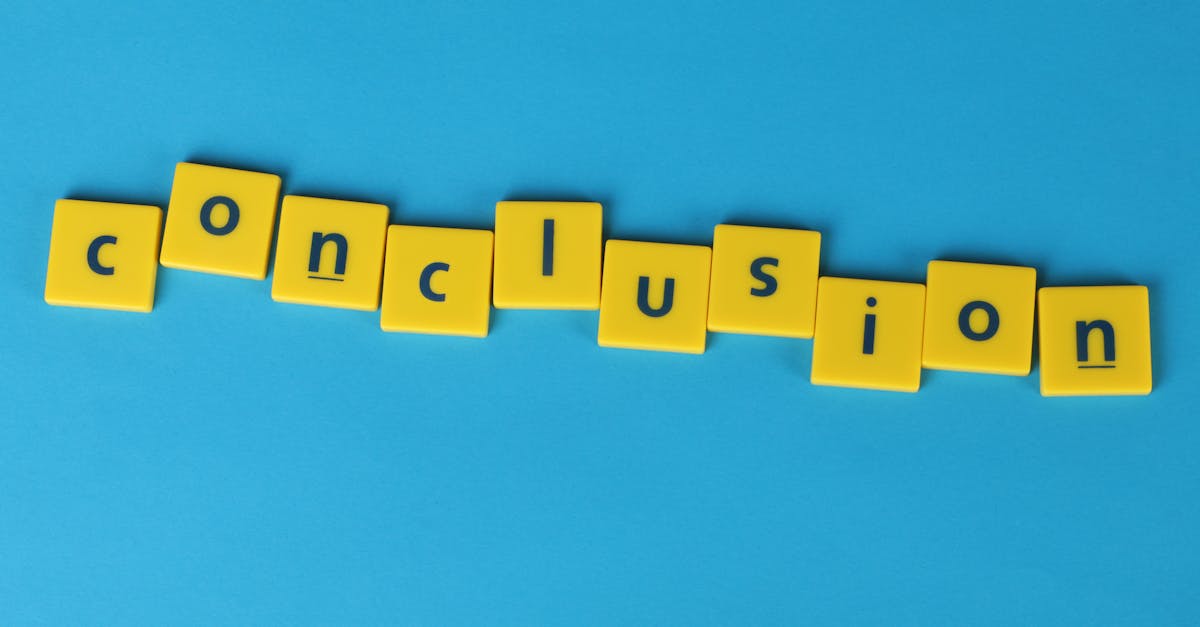
Advertisement

